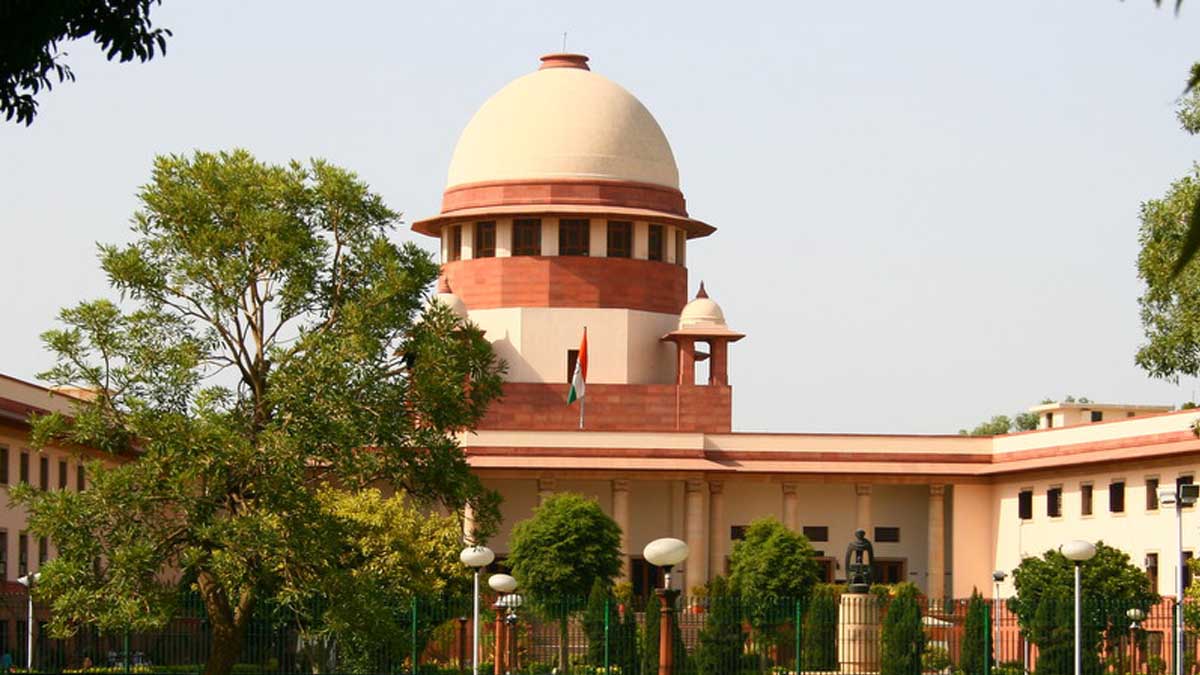
"Sexual assaults by husbands can take the form of rape and the meaning of rape must include the meaning of marital rape under the MTP Act and Rules for the purposes of abortion
Every woman, irrespective of married or unmarried, can seek an abortion of their pregnancy in the term of 20-14 weeks. A woman can seek an abortion even if the pregnancy arises out of a consensual relationship.
The Supreme Court of India made this landmark judgement on September 29, 2022.
"An unmarried woman can undergo an abortion up to 24 weeks on par with that of married women as the distinction between a married woman and an unmarried woman can't be sustained," the Supreme Court said in its interpretation of the Medical Termination of Pregnancy Act.
"Sexual assaults by husbands can take the form of rape and the meaning of rape must include the meaning of marital rape under the MTP Act and Rules for the purposes of abortion," the apex court further noted.
The court of Justice DY Chandrachud made the judgement.
"The interpretation of the MTP act has to reflect the social realities. Social mores change and evolve as society changes and laws must not remain static and advance the cause," the court further added.
"Unsafe abortions are preventable. Our understanding of mental health has to be considered in common parlance. A pregnant woman's environment must be taken into account," added the apex court.
"Married women may also form part of survivors of sexual assault or rape. A woman may become pregnant due to a non-consensual act by the husband. Sex and gender-based violence in all its form have been part of families," the court further added.
"It's ultimately the prerogative of each woman to decide as per her material circumstances. Various economical, cultural or social factors play a part... The artificial distinction between married and unmarried women cannot be sustained. Women must have the autonomy to have free exercise of these rights," the apex court said.
"The right to reproductive autonomy is related to bodily autonomy. The foetus relies on the woman's body to sustain it. Therefore, the decision to terminate is firmly rooted in their right to bodily autonomy. If women are prevented from this, the state would be stripping them of the long-term path they take. This would be an affront to their dignity," the court said.
September 29, 2022's rulings came as the apex court was scheduled to pronounce the judgment on whether an unmarried woman can seek an abortion of pregnancy of 20-24 weeks term in a consensual relationship.
We may mention here that the case pertains to a 25-year-old woman who approached the Delhi High Court seeking termination of her pregnancy of 23 weeks and 5 days.
The woman, while presenting her case to the court, stated that though her relationship with her partner was consensual, she was unmarried and her partner refused to marry her.
Delhi High Court's division bench comprising Chief Justice Satish Chandra Sharma and Justice Subramonium Prasad observed that the pregnancy of an unmarried woman resulting from a consensual relationship was not covered under the Medical Termination of Pregnancy Rules, 2003.
The Story Mug, a Guwahati-based blogzine, believes in telling stories that matter.